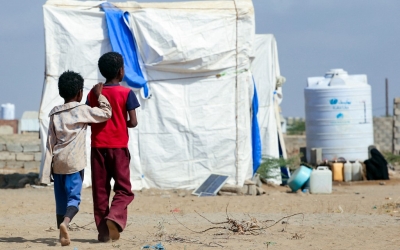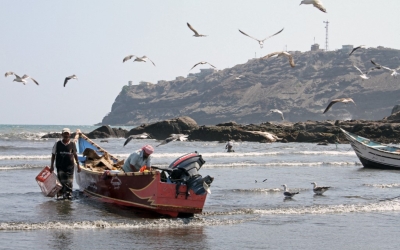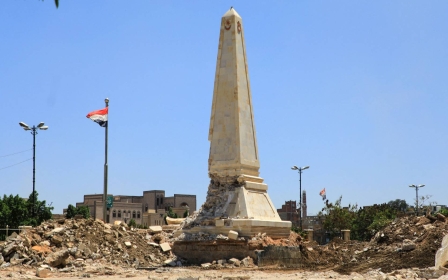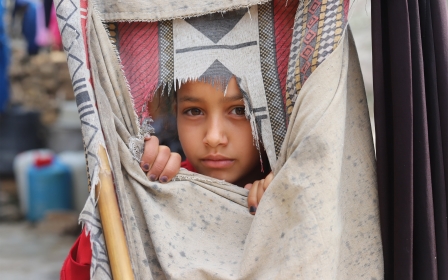Yemen: GCC considering inviting Houthis to talks in Riyadh
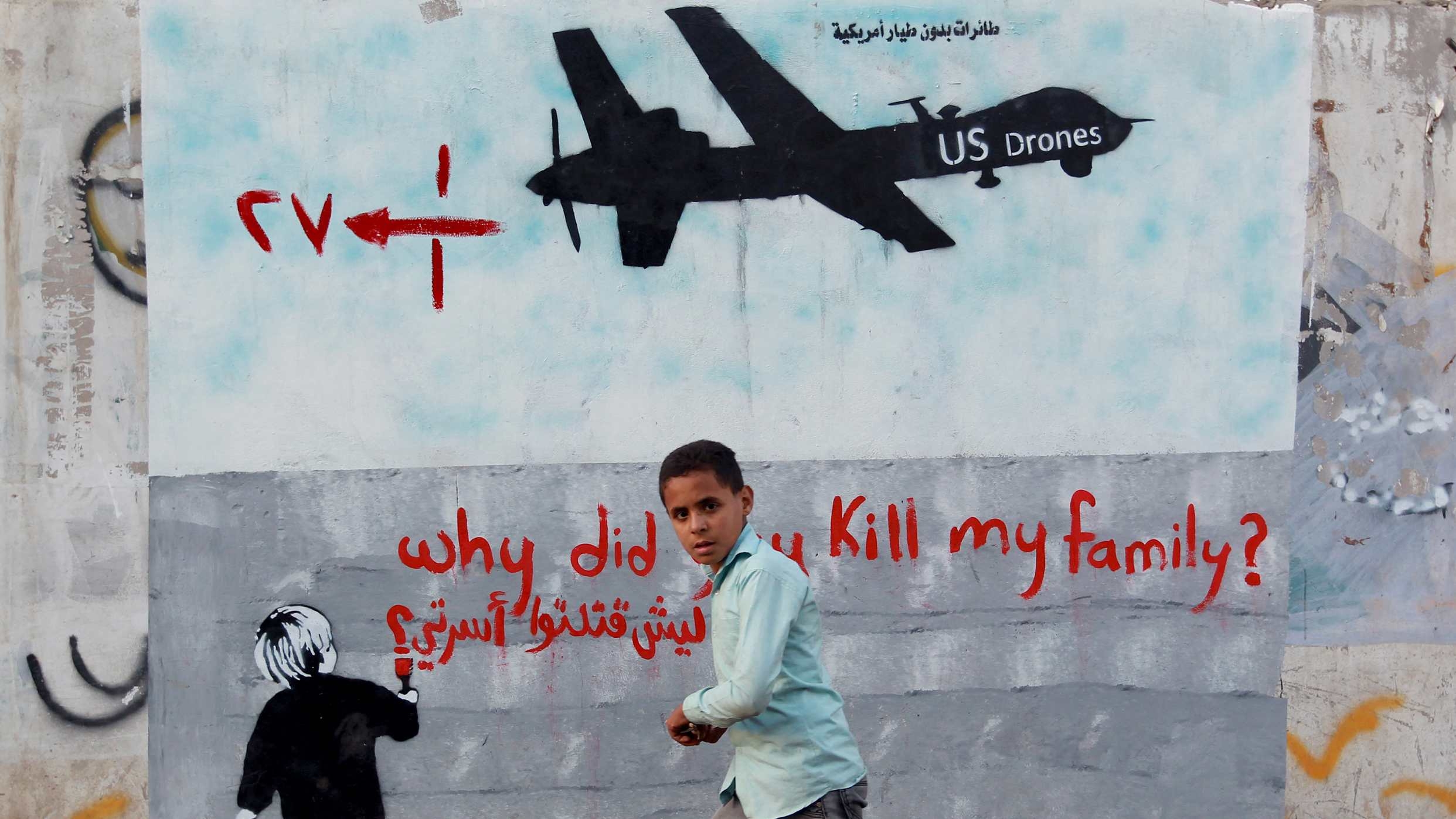
The Gulf Cooperation Council (GCC) is considering inviting Houthi rebels and other Yemeni parties for consultations in Riyadh this month as part of an initiative aimed at backing UN-led peace efforts, according to two Gulf officials.
Formal invitations would be sent within days for the talks on military, political and economic aspects of the war between the Houthis and the internationally recognised government backed by a Saudi-led military coalition, the officials, who declined to be named ahead of an official announcement this week, told Reuters.
New MEE newsletter: Jerusalem Dispatch
Sign up to get the latest insights and analysis on Israel-Palestine, alongside Turkey Unpacked and other MEE newsletters
They said Houthi officials would be "guests" of GCC Secretary General Nayef Falah Mubarak al-Hajraf at the body's Riyadh headquarters and would have his security guarantees if the group accepted the invitation for the talks, which they said were planned from 29 March to 17 April.
It was not immediately clear whether Houthi officials would agree to travel to Saudi Arabia, which backs the exiled Yemeni President Abd Rabbuh Mansour Hadi.
Hadi was ousted from the capital, Sanaa, in late 2014 by the Houthis who say they are fighting a corrupt system and foreign aggression.
GCC members Oman, where some Houthi officials are based, and Kuwait, which hosted previous peace talks in 2015, would be a more neutral ground for such consultations.
The officials said Hadi, who is based in Riyadh, has agreed to the talks.
Mixed messages
Riyadh has struggled to extricate itself from the costly and unpopular war, which has killed tens of thousands of people, mostly civilians, and pushed Yemen to the brink of famine.
In recent weeks, the conflict has been eclipsed by Russia's invasion of Ukraine, and the GCC initiative comes ahead of a donors' conference on Wednesday.
The United Nations special envoy to Yemen last week held talks with Yemeni parties aimed at building a framework for inclusive political negotiations.
Efforts by the United States and the UN to secure a ceasefire last year failed, and violence has intensified.
The Houthis continue to battle coalition forces on the ground in energy-producing Marib, the government's last stronghold in northern Yemen.
Meanwhile, the administration of US President Joe Biden has given mixed messages over the war in Yemen.
In February 2021, Biden announced the end of US support for offensive operations by the Saudi-led coalition, in a major policy reversal from the previous administration that backed the Saudis with billions of dollars in weapons to fight the war.
However, Washington approved the sale of 280 AIM-120C air-to-air missiles to Saudi Arabia in November, in a deal valued at potentially $650m.
A State Department spokesman said the deal was a defensive one "fully consistent with the administration's pledge to lead with diplomacy to end the conflict in Yemen".
The air-to-air missiles ensure "Saudi Arabia has the means to defend itself from Iranian-backed Houthi air attacks," he said.
Middle East Eye delivers independent and unrivalled coverage and analysis of the Middle East, North Africa and beyond. To learn more about republishing this content and the associated fees, please fill out this form. More about MEE can be found here.


